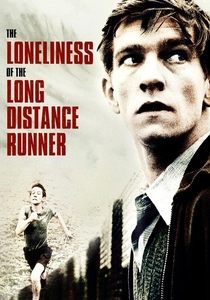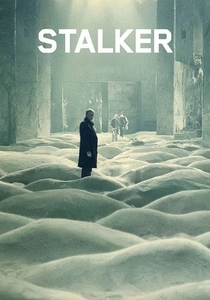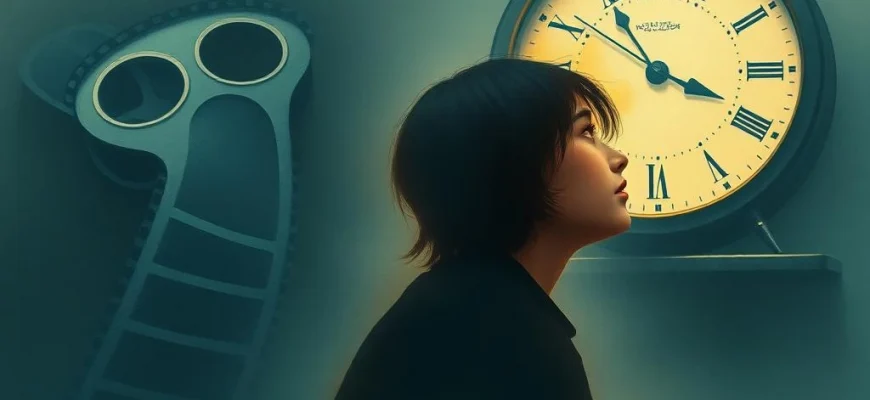If you were captivated by the haunting beauty and introspective storytelling of 'Colossal Youth' (2018), you're in for a treat. This article explores 10 similarly profound films and shows that delve into themes of memory, identity, and existential reflection. Whether you're a fan of slow cinema or simply crave thought-provoking narratives, these recommendations will resonate with your cinematic tastes.

The Seventh Seal (1957)
Description: A haunting exploration of mortality, faith, and existential dread, set during the Black Death. The film's stark imagery and philosophical dialogue create a timeless meditation on life and death.
Fact: The iconic chess game with Death has been referenced and parodied countless times in popular culture.
 Watch Now
Watch Now 
Through a Glass Darkly (1961)
Description: A deeply psychological and intimate drama about mental illness and the search for meaning. The film's claustrophobic setting and intense character studies create a powerful emotional impact.
Fact: The film won the Academy Award for Best Foreign Language Film, marking the first such win for the director.
 Watch Now
Watch Now 
The Loneliness of the Long Distance Runner (1962)
Description: A gritty and introspective character study of a rebellious young man, focusing on themes of alienation and societal constraints. The film's raw realism and emotional depth resonate strongly.
Fact: The film is based on a short story by Alan Sillitoe and is considered a key work of British New Wave cinema.
 Watch Now
Watch Now 
Persona (1966)
Description: A psychological drama that blurs the lines between identity, reality, and illusion. The film's minimalist style and intense emotional focus make it a deeply unsettling and thought-provoking experience.
Fact: The film's opening sequence is one of the most analyzed in cinema history, featuring rapid-fire imagery and a brief shot of an erect penis.
 Watch Now
Watch Now 
The Color of Pomegranates (1969)
Description: A visually stunning and symbolic portrayal of a poet's life, using tableaux and allegorical imagery. The film's abstract storytelling and rich visual metaphors create a dreamlike, almost mystical atmosphere.
Fact: The film was banned in the Soviet Union for its unconventional style. It was restored in 2014 using the original negatives.
 Watch Now
Watch Now 
Solaris (1972)
Description: A slow-burning sci-fi drama that explores memory, love, and the nature of reality. The film's contemplative pace and psychological depth make it a deeply immersive experience.
Fact: The film was remade in 2002 by Steven Soderbergh, but the original remains a landmark of cerebral science fiction.
 Watch Now
Watch Now 
Cries and Whispers (1972)
Description: A harrowing and visually striking portrayal of familial bonds, suffering, and redemption. The film's use of color, particularly red, and its intense emotional focus create a deeply affecting experience.
Fact: The film was shot entirely on a soundstage to control the lighting and color palette precisely.
 Watch Now
Watch Now 
Mirror (1975)
Description: A poetic and non-linear narrative that blends personal memory, historical events, and dreamlike imagery. The film's fragmented structure and lyrical visuals create a deeply introspective experience.
Fact: The film incorporates real documentary footage and features the director's own mother and son in key roles.
 Watch Now
Watch Now 
Stalker (1979)
Description: A meditative and philosophical exploration of human desires and existential questions, set in a mysterious and surreal landscape. The film's slow pacing and deep thematic layers invite introspection.
Fact: The film was shot in highly toxic locations, leading to health issues for the cast and crew. It was also heavily censored by Soviet authorities.
 Watch Now
Watch Now 
The Sacrifice (1986)
Description: A profound meditation on faith, sacrifice, and the human condition, set against the backdrop of an impending apocalypse. The film's long takes and sparse dialogue emphasize its spiritual and philosophical themes.
Fact: This was the director's final film, completed while he was terminally ill. The famous tree-planting scene was shot in a single take.
 Watch Now
Watch Now 








